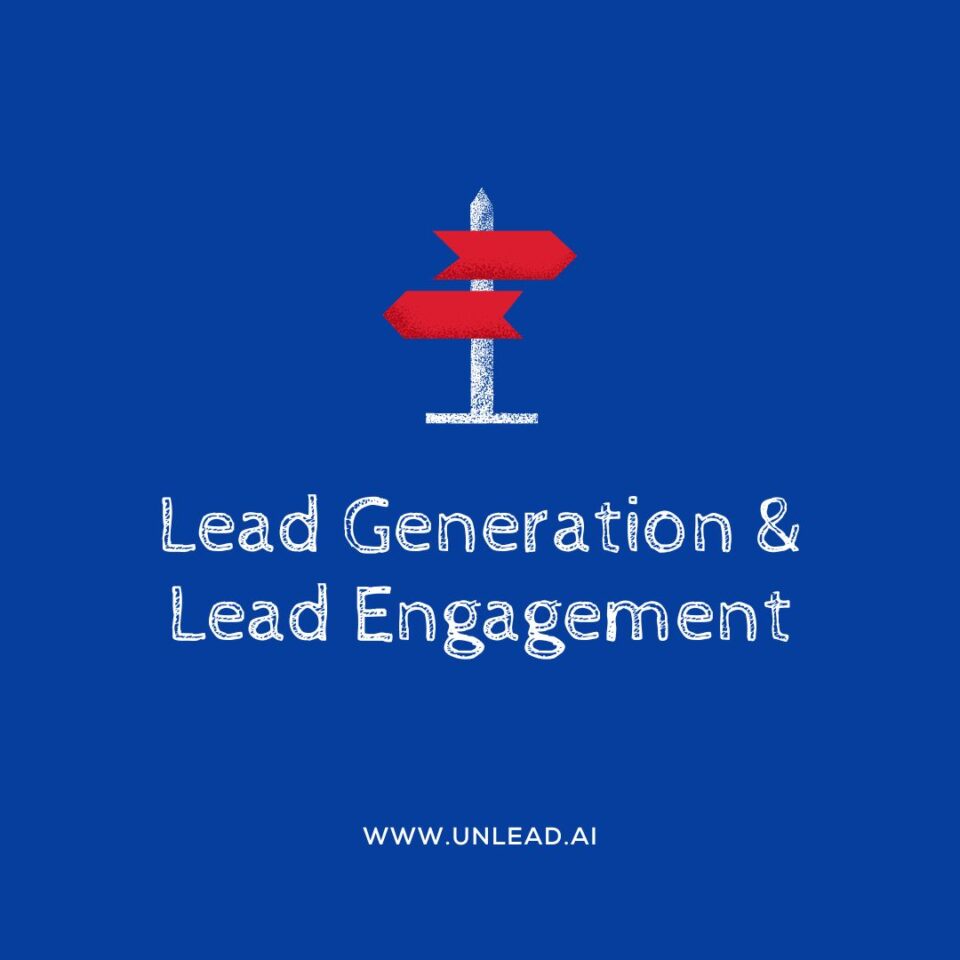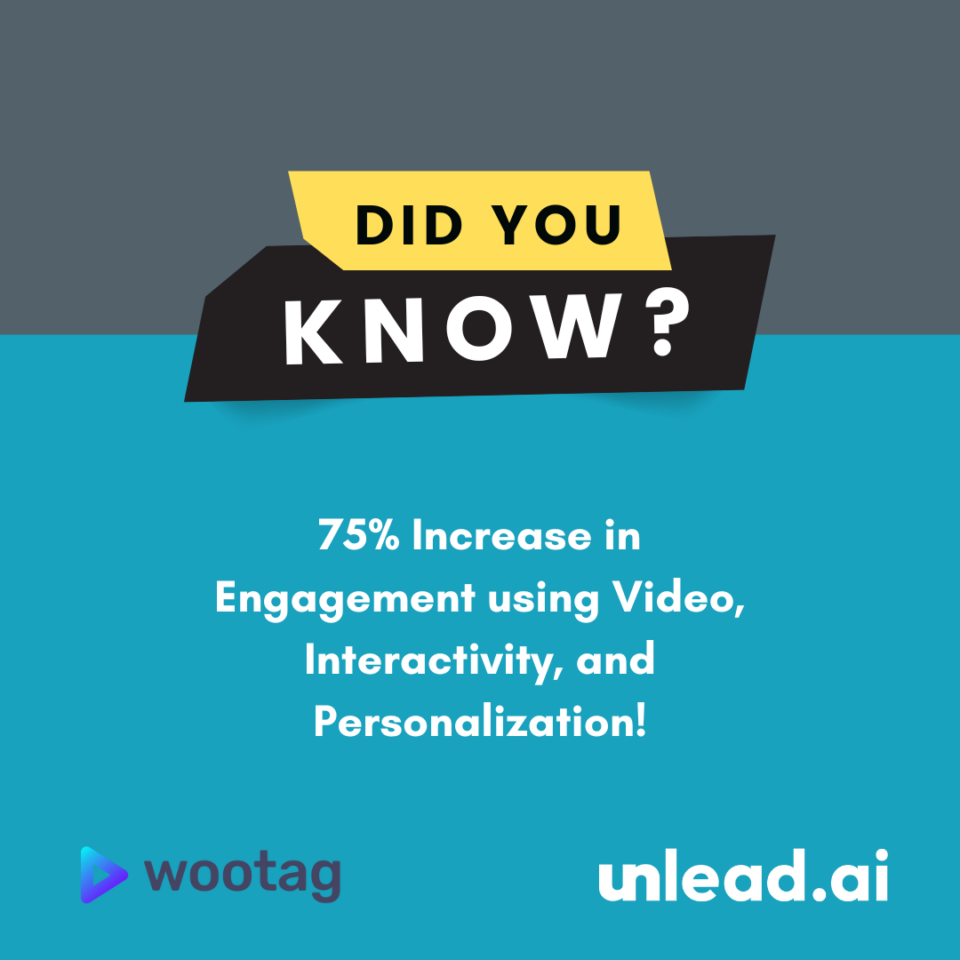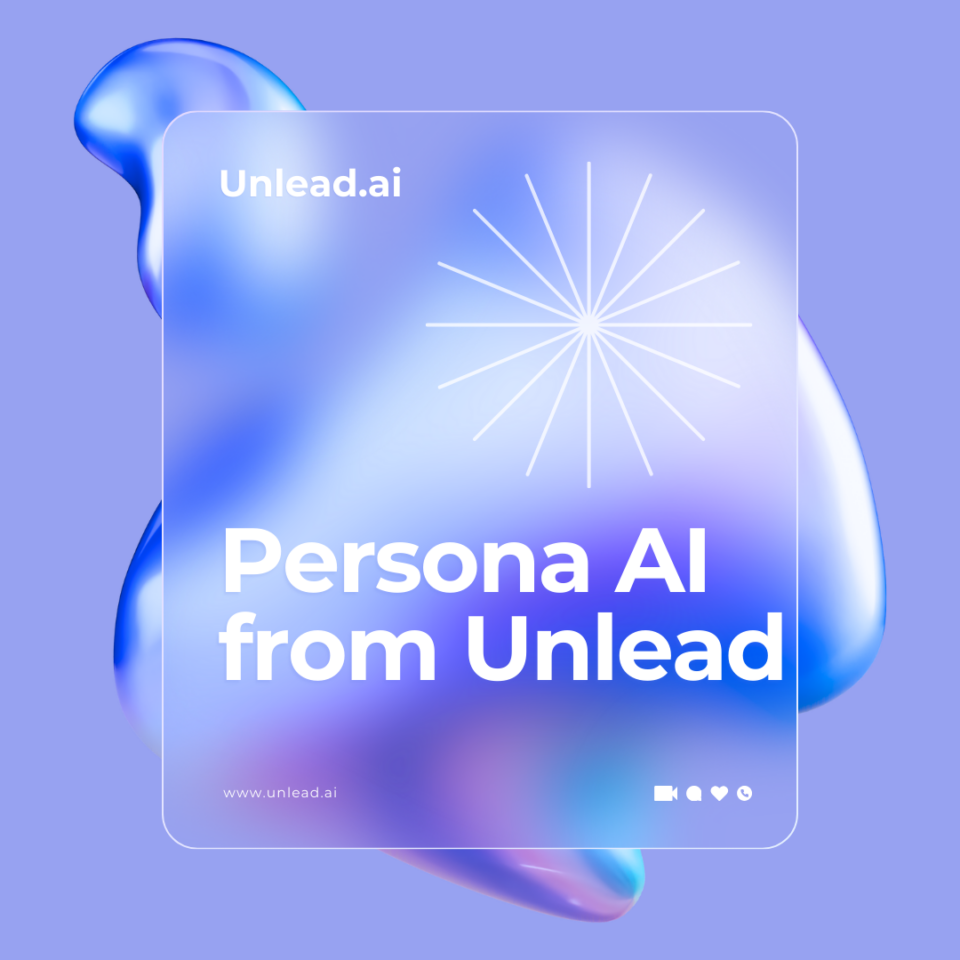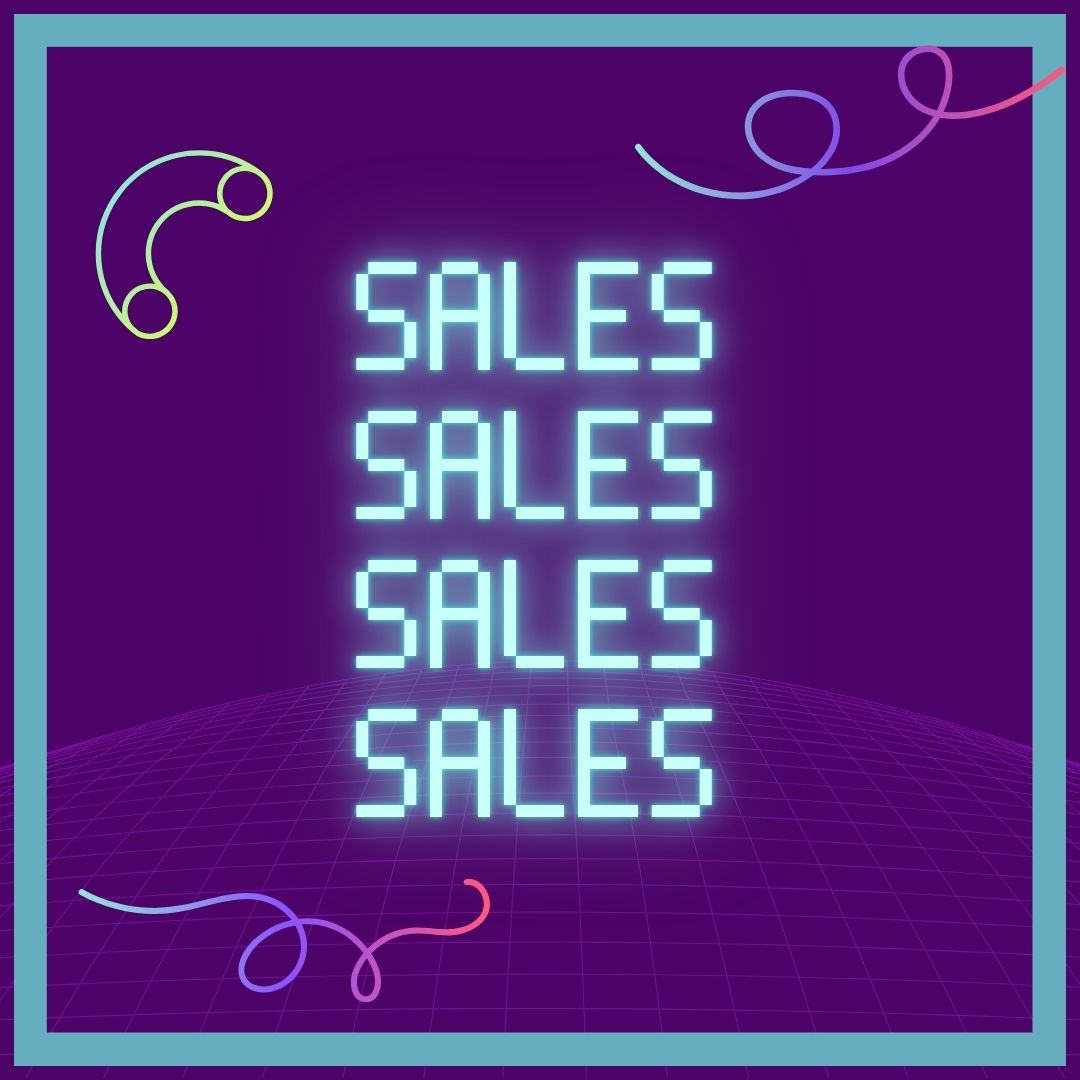In the world of B2B sales and marketing, terms like lead generation and lead engagement are often used interchangeably. However, while they are closely related, they serve distinct purposes within the sales funnel. Understanding the difference between these two concepts—and why a stronger focus on lead engagement can drive better results—is crucial for any business looking to boost its sales and revenue.
In this blog post, we’ll break down the key differences between lead generation and lead engagement and explain why engagement requires more concentrated efforts to effectively drive your sales funnel.
What is Lead Generation?
Lead generation is the process of identifying and attracting potential customers (leads) to your business. The goal is to create a pipeline of prospects who have shown some level of interest in your products or services. Lead generation activities are typically top-of-the-funnel strategies designed to capture the attention of a broad audience and convert them into qualified leads.
Common Lead Generation Strategies:
• Content Marketing: Creating valuable content, such as blogs, whitepapers, ebooks, and webinars, that attracts potential leads.
• SEO and PPC Advertising: Optimizing your website for search engines and using pay-per-click ads to drive traffic.
• Social Media Marketing: Leveraging platforms like LinkedIn, Twitter, and Facebook to reach potential leads.
• Email Marketing: Sending newsletters or promotional emails to prospects to generate interest.
• Networking and Events: Participating in industry events, trade shows, and webinars to connect with potential leads.
The primary objective of lead generation is to increase the quantity of leads entering the sales funnel. It’s about casting a wide net to capture as many potential prospects as possible.
What is Lead Engagement?
Lead engagement goes a step further. It’s about building relationships with those leads and nurturing them through the sales funnel. While lead generation is about getting prospects interested, lead engagement is about keeping them interested, providing value, and guiding them toward a purchasing decision.
Common Lead Engagement Strategies:
• Personalized Email Campaigns: Sending targeted and relevant content based on the lead’s behavior, interests, and position in the sales funnel.
• Interactive Content: Using quizzes, polls, and interactive videos to engage leads and encourage them to interact with your brand.
• Follow-Up Calls and Meetings: Building a personal connection through direct communication, whether through phone calls, video meetings, or face-to-face interactions.
• Retargeting Campaigns: Using ads to remind leads of your brand after they’ve visited your website or engaged with your content.
• Content Sequencing: Providing a series of content pieces that guide leads from awareness to consideration to decision.
Lead engagement focuses on quality over quantity. It’s about nurturing each lead, understanding their needs, and positioning your product or service as the solution to their challenges.
Why Lead Engagement Requires More Focus in Your Sales Funnel
While lead generation is essential for building a pipeline of potential customers, lead engagement is where the real magic happens. Here’s why engagement deserves more concentrated efforts:
1. Drives Leads Down the Funnel: Lead engagement is the bridge between initial interest and conversion. Without effective engagement strategies, leads can quickly lose interest, stall, or drop out of the funnel altogether. By actively engaging with leads, you help move them from awareness to consideration and finally to decision.
2. Builds Trust and Credibility: Trust is a critical component in B2B sales. Lead engagement efforts—such as personalized communications and consistent value delivery—help build credibility with potential customers. Engaged leads are more likely to view your brand as a trusted partner rather than just another vendor.
3. Enhances Lead Quality and Intent: Engaged leads tend to be more qualified and have a higher intent to purchase. By nurturing leads through targeted engagement strategies, you can better identify which prospects are genuinely interested in your offerings and ready to make a buying decision. This allows your sales team to focus their efforts on the most promising opportunities.
4. Increases Customer Lifetime Value: Lead engagement doesn’t end at the point of conversion. Engaging leads effectively can lead to longer-term customer relationships, higher retention rates, and increased customer lifetime value. Customers who feel valued and engaged are more likely to remain loyal and continue doing business with you.
5. Reduces Sales Cycle Time: When leads are effectively engaged and nurtured, they are more likely to make faster purchasing decisions. By providing the right information and addressing concerns promptly, you can shorten the sales cycle and achieve quicker conversions.
How to Effectively Focus on Lead Engagement
To prioritize lead engagement, consider implementing the following strategies:
• Personalization at Scale: Use data-driven insights to personalize your communications and content for each lead based on their industry, role, and specific needs.
• Leverage Video Content: Videos are highly engaging and can effectively communicate complex information. Use personalized videos to engage leads, explain product features, and showcase customer success stories.
• Interactive Tools and Content: Create interactive content such as calculators, assessments, and videos with clickable elements to keep leads engaged and encourage them to take the next step.
• Continuous Nurturing: Develop a comprehensive lead nurturing program that includes regular follow-ups, content sequencing, and educational resources that guide leads through the sales journey.
Unlead.ai: Your Partner in Lead Engagement
At Unlead.ai, we understand the importance of focusing on lead engagement to drive your sales funnel. Our platform is designed to help B2B sellers, marketers, and revenue operations teams leverage video AI and interactivity to enhance lead engagement efforts. With advanced personalization, intent scoring, and interactive video capabilities, Unlead.ai enables you to deliver more targeted, relevant, and engaging experiences that convert leads into customers.
Ready to elevate your lead engagement strategy and drive better results? Discover how Unlead.ai can help you transform your sales funnel and achieve your business goals.
Conclusion
While lead generation is essential for building a pipeline, lead engagement is critical for driving conversions and achieving long-term success. By focusing more on engagement, you can nurture leads effectively, build stronger relationships, and guide prospects through the sales funnel with confidence. Unlead.ai provides the tools and insights needed to enhance your lead engagement efforts and turn potential customers into loyal advocates.
This blog post provides a comprehensive overview of the differences between lead generation and lead engagement, emphasizing the importance of prioritizing engagement to drive better sales outcomes.










